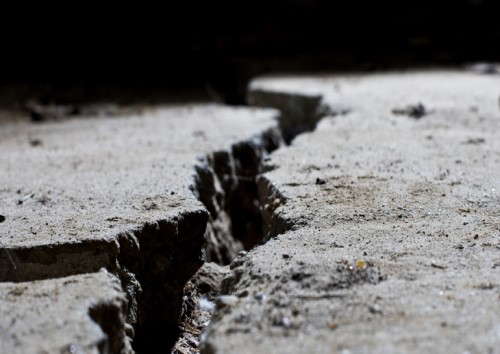

A number of organisations are working on new research that seeks to study the ground in South Dunedin and understand how it will behave in an earthquake, storm or in the event of a sea level rise.
The Earthquake Commission (EQC), GNS Science, QuakeCORE, Dunedin City Council (DCC), the University of Otago and Otago Regional Council (ORC) will test the soil and install instruments that can take water level measurements every 10 minutes.
The study will help understand the effects of rainfall and tidal movement on the water level under the ground, EQC Senior Advisor John Scott said.
“With solid scientific data from this project, the community can make better decisions on how to reduce risk,” he noted. “For example, we will have a much better idea of how wide and deep building foundations should be to handle conditions in an earthquake.”
ORC engineering, hazards, and science director Dr Gavin Palmer explained the idea is that the soil will be tested by cones pushed about 15 metres deep into the ground at about 20 different locations, mostly on road reserve, and water level monitors will be installed in tubes, called piezometers, at some of these locations.
“The information will also be useful in preparing for an imminent flood, as response agencies will have a better idea of how much capacity the ground has to hold rainwater at any given time,” DCC 3 Waters group manager Tom Dyer added.
Installation is expected to start in the week of January 28 and data gathered from this project will be available on request from Otago Regional Council.
